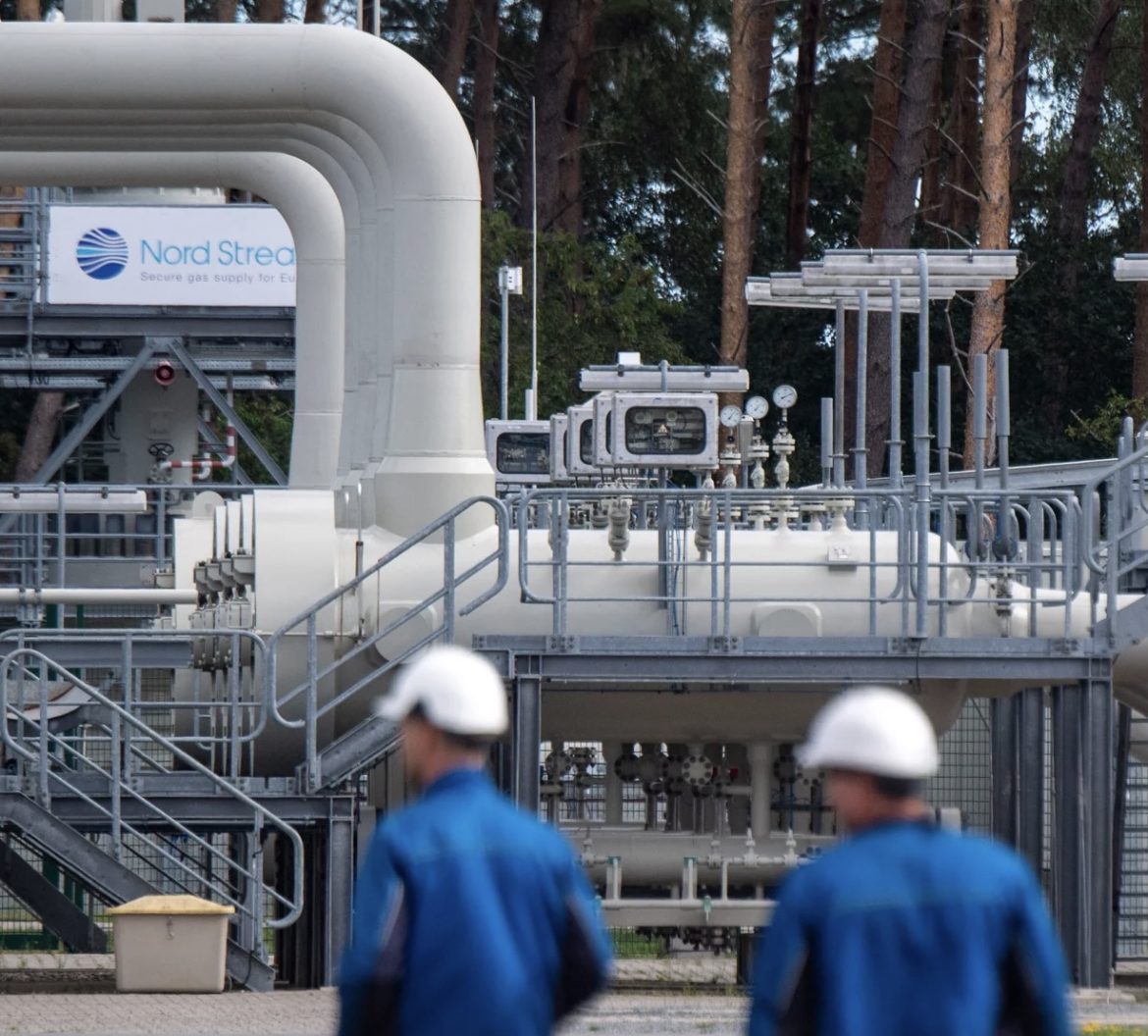KEY POINTS
- U.S. targets Russian firms, vessels, and operators in fresh Nord Stream 2 sanctions.
- Sanctions aim to prevent Russia from using energy as a political weapon.
- Washington reaffirms its stance against the controversial pipeline’s revival.
The United States has issued new sanctions on Russian-based companies, vessels, and entities connected to the Nord Stream 2 gas pipeline, a move that underscores Washington’s continued opposition to the controversial project.
The U.S. State Department announced on Wednesday that it was reimposing sanctions on several firms and introducing new measures against the operator of the project, Nord Stream 2 AG, along with Russian marine services and water transport entities.
The sanctions target Russia’s state-owned maritime rescue service and more than a dozen vessels linked to the Nord Stream 2 pipeline, which was damaged in 2022 amid Russia’s ongoing invasion of Ukraine. According to Vedant Patel, deputy spokesperson for the State Department, the sanctions are part of a larger effort to prevent Russia from using its energy resources as a political weapon.
“We’re going to continue to work and ensure that Russia is never able to weaponize its energy resources and its energy positioning for political gain,” Patel said during a press briefing.
Why Nord Stream 2 remains a contentious geopolitical issue
Nord Stream 2, a pipeline designed to transport natural gas from Russia’s Arctic region to Germany under the Baltic Sea, has long been a flashpoint in U.S.-Russia relations.
According to Reuters, the United States has criticized the project for enabling Russia to bypass Ukraine, depriving it of vital transit fees, and weakening its defenses against Russian aggression.
The pipeline suffered major damage on September 26, 2022, with no one taking responsibility for the attack. While some Western officials suggested that Russia may have sabotaged its own infrastructure, Russian President Vladimir Putin dismissed those claims as “idiotic.” Russia instead blamed the United States, Britain, and Ukraine, but all three nations denied any involvement.
Despite the pipeline’s current inoperability, the U.S. continues to impose sanctions to block any potential revival of the project. The new sanctions target Nord Stream 2 AG, the operator of the pipeline, as well as a Russian-based insurer that provided coverage for companies involved in its construction and maintenance.
Impact of sanctions on Russia’s energy influence
The U.S. sanctions are part of a broader strategy to reduce Europe’s reliance on Russian energy supplies. Before Russia’s invasion of Ukraine, Washington opposed Nord Stream 2, arguing that it would give Moscow more leverage over European energy markets.
Since the start of the war, Russia has faced heightened scrutiny and sanctions aimed at curtailing its influence in the global energy market. By targeting entities involved in Nord Stream 2, the U.S. aims to reinforce its stance on energy independence and reduce Russia’s capacity to wield energy as a geopolitical tool.
The State Department emphasized that the sanctions aim to uphold global stability and energy security. While some experts believe the pipeline’s future is already in doubt due to the 2022 damage, these new measures ensure that any efforts to revive it will face significant challenges.



